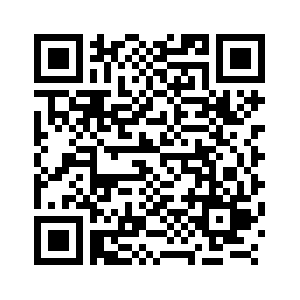HAVANA, Dec. 20 (Xinhua) -- Around 700,000 people marched outside the U.S. Embassy in Havana on Friday, demanding an end to Washington's decades-long blockade of Cuba and calling for the removal of the island from the U.S. State Department's list of state sponsors of terrorism.
Cuban President Miguel Diaz-Canel led the march, joined by former president Raul Castro. Diaz-Canel condemned the United States for maintaining the terrorist label on Cuba, calling it both "false and immoral." He also accused the United States of training paramilitary groups to target Cuba's infrastructure and slashed the Biden administration for continuing harsh economic measures from the Trump era.
Diaz-Canel also denounced the United States for intensifying the blockade, calling it "ruthless."
Cubans hold no hostility toward the American people, he said, vowing to stand firm against any attempts to undermine its sovereignty or socialist system.
"If the United States persists in its efforts to break our resolve, they will only find rebellion and unwavering determination," he said.
The crowd, waving Cuban flags and chanting "Down with the blockade," was a diverse mix of supporters. Among them was Yanquiel Cardoso, wearing a shirt reading "Cuba sponsors peace, love, and unity," marching with his son, who wore a shirt wishing to "grow up without a blockade." Cardoso decried the "cruel and inhumane" blockade, which he said hinders Cuba's development.
Many healthcare workers joined the protest, including Colombian medical student Silvia Juliana Casadiego, who praised Cuba's global solidarity and condemned U.S. sanctions.
"Despite its limitations, Cuba always extends a helping hand -- not just to Colombia, but all of Latin America," she said.
Cuban medical student Kevin Perez highlighted the toll U.S. policies have taken on Cuba's healthcare system. "Healthcare has been one of the most affected sectors, but we will always stand to defend our homeland."
This march was the first major protest in years outside the U.S. diplomatic mission to denounce the blockade. ■



